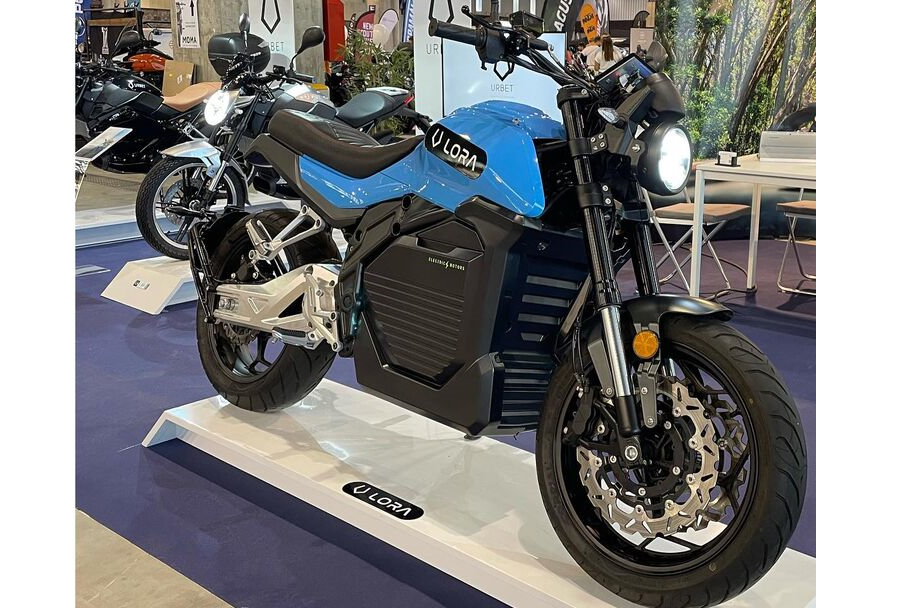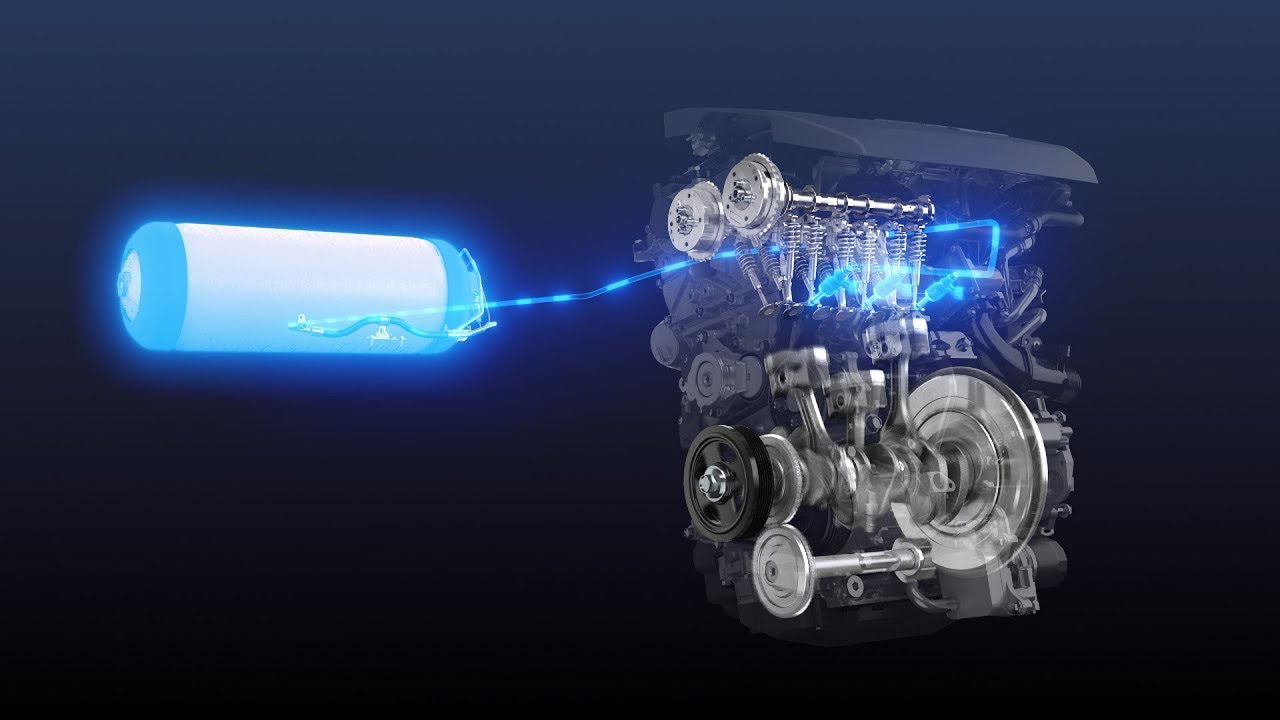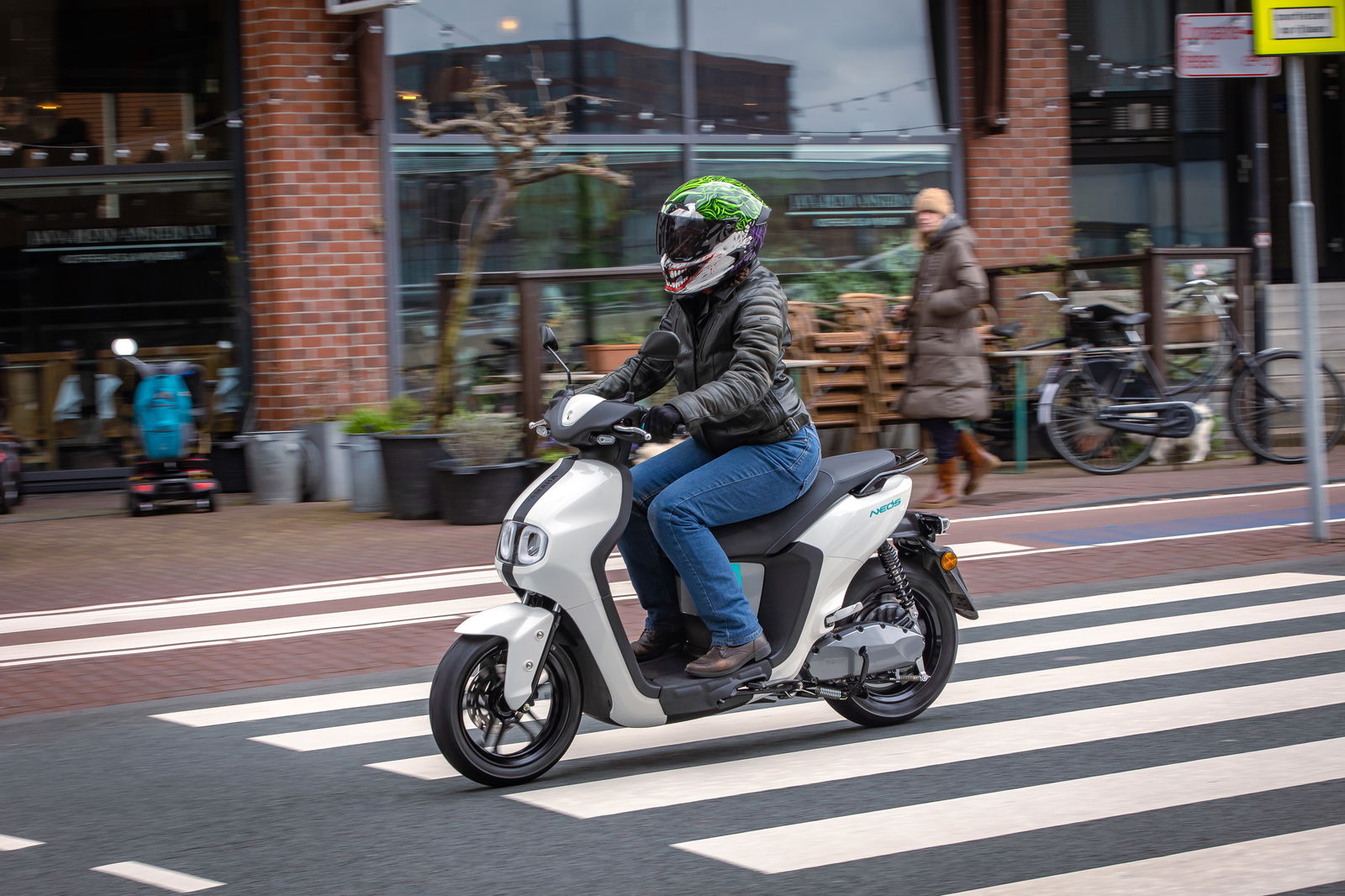European Parliament votes to end combustion vehicle sales by 2035
There are only 13 years of combustion-engined sales in Europe after European Parliament vote confirmed all new vehicles sold by 2035 must be zero-emission.

The European Parliament voted last week that by 2035 all new vehicle sales must be zero-emission.
The vote means that, by 2035, the sale of new combustion-engined vehicles must be stopped, and only those which produce no emissions can continue to be sold by manufacturers.

Of course, the existing combustion vehicles will still be around, but only electrics or those with alternative fuels will be available from the manufacturers by the mid-2030s.
The next steps after the vote in the European Parliament plenary is for the legal text to be finalised with the European Council. Politico reports that environment ministers are expecting to have their version of the legislation signed off by 28 June, so in just a couple of weeks. For now, the legislation only applies to cars, but let us remember that Europe's goal for carbon neutrality is set at 2050, so we must assume that the end of combustion bikes is not far behind that of the four-wheelers.

The result of the legislation is environmentally positive, but of course for the enthusiasts of combustion vehicles the reality is, selfishly, bleak. An all-electric future is more agreeable when it is over the horizon, but 13 years is not a long time.
However, such is the reality of 13 years being a long time from a human perspective, it is also such from a technological perspective. Last week we wrote again about the Japanese-led hydrogen fuel experiments and development that is going on with Toyota, and where Yamaha and Kawasaki are also involved.

The development of hydrogen fuel technology is the only realistic hope of the continuation of combustion transport, and so at this point it seems all we can do is hope that the likes of Yamaha, Kawasaki and Toyota, along with their other partners in that hydrogen programme, will make some fundamental progress in the next decade or so that will bring hydrogen into competition with electric as a fuel source for personal transport vehicles, and - from our two-wheeled-biassed perspective - particularly motorcycles.

